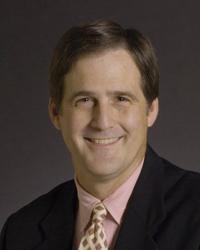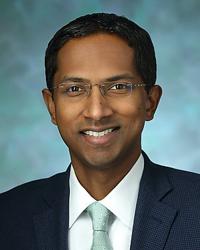-
Edward G. McFarland, MD

- Wayne H. Lewis Professor of Shoulder and Elbow Surgery
- Professor of Orthopaedic Surgery
Research Interests: Epidemiology of shoulder injuries, Examination of the shoulder and elbow, Injuries to athlete elbow, Shoulder replacement surgery, primary and revision surgery, sports shoulder injuries
-
Uma Srikumaran, MD MBA MPH

- Chair, Johns Hopkins Orthopaedic Surgery at Johns Hopkins Howard County Medical Center
- Associate Professor of Orthopaedic Surgery
Research Interests: clinical outcomes, Disorders of the shoulder, value analysis research
Shoulder Clinical Observership and Research Fellowship
Duration: 12 months (August 1 to August 1)
Location: The Johns Hopkins University and affiliated facilities
Specialties: Shoulder, sports medicine, shoulder arthroplasty
Language: English
- Duration is long term (more than three months)
- Accreditation not offered
- Attendance certificate awarded by the Johns Hopkins Department of Orthopaedic Surgery
- No financial support provided
- Housing not provided, and low-cost housing is not available
- No exams required
- No special licenses required
- Johns Hopkins will assist in obtaining visa
Faculty
Contact
Division of Shoulder and Elbow Surgery
The Johns Hopkins University
10753 Falls Road
Suite 215
Lutherville, MD 21093
Phone: 410-583-2850
Fax: 410-583-2855
Goals and Characteristics
This is a one-year research position that involves observation and clinical research. The applicant would spend the year observing clinic, surgery and conferences. Every researcher is expected to write several papers for publication. Some research projects can involve basic science, including dissections and cell biology.
This fellowship exposes you to a wide variety of shoulder conditions and shoulder procedures — open and arthroscopic. A wide variety of shoulder problems, including rotator cuff disease, arthroplasty, SLAP lesions and other soft tissue problems are encountered.
There is a weekly didactic conference on shoulder conditions, including a journal club and review of commonly used textbooks.
A second year in the laboratory is available for qualified applicants.
